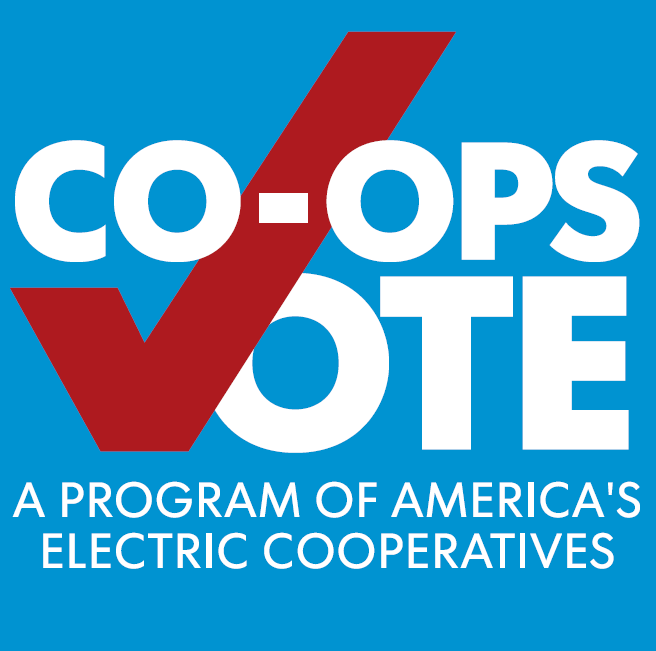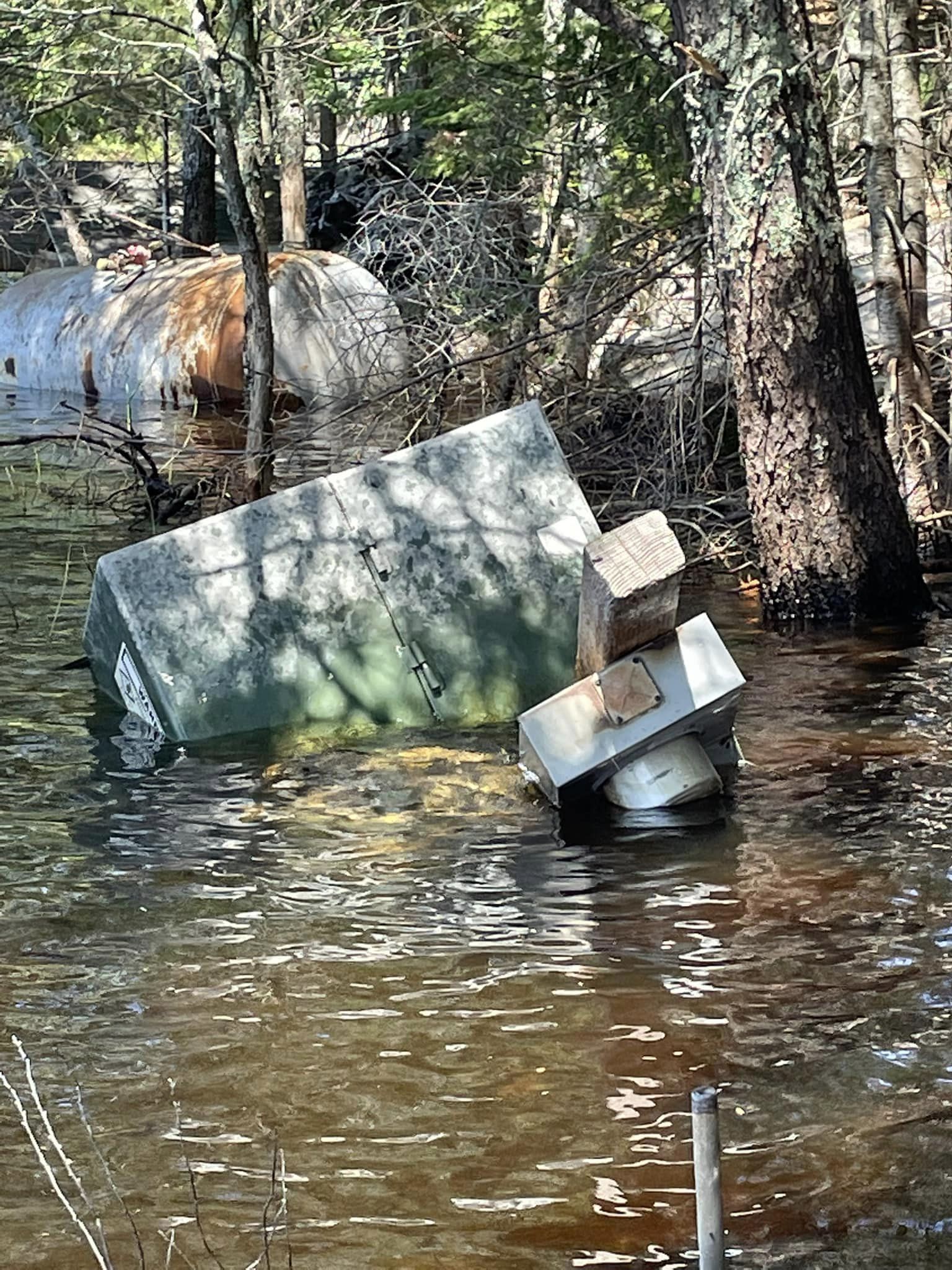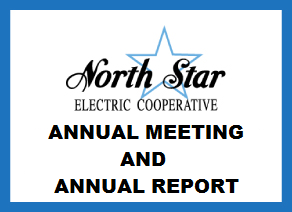Final power plant rules create concerns for North Star Electric Cooperative
The Environmental Protection Agency (EPA) released a series of final power plant rules on April 25 that threaten to impact the reliability and affordability of electricity for North Star Electric Cooperative members and many others across the United States.
Minnkota Power Cooperative, North Star’s wholesale power provider, has major concerns with the unworkable timelines and requirements included in rules targeting greenhouse gas emissions, mercury emissions and coal combustion residuals. These rules have the potential to push the nation’s fleet of reliable power plants toward retirement at a time when the electric grid is already facing reliability challenges.
“While we are in the process of evaluating these final EPA power plant rules, it is clear they will have significant impacts on electric grid reliability and affordability,” said Mac McLennan, Minnkota president and CEO. “These rules set our nation on a dangerous path forward that will likely result in more blackouts, rising costs and greater uncertainty at a time when dependable electricity is needed more than ever.”
Minnkota has a longstanding commitment to environmental stewardship. From 2007 to 2011, approximately $425 million was invested in emissions control technology at the coal-based Milton R. Young Station, which serves as the backbone of the cooperative’s power supply portfolio. Additionally, more than 40% of Minnkota’s power generation capacity is already derived from carbon-free resources, including wind and hydropower.
In its greenhouse gas rule, EPA has mandated power plant operators choose between installing carbon dioxide (CO2) capture technology or selecting a path toward facility closure. For the past nine years, Minnkota has been proactively developing Project Tundra – an initiative to build one of the world’s largest CO2 capture facilities at the Young Station. Up to 4 million metric tons of CO2 would be captured annually before being safely and permanently stored approximately one mile underground – the equivalent of taking 800,000 gasoline-fueled vehicles off the road.
“Despite the progress made on Project Tundra and our optimism about its future, these rules create a significant amount of uncertainty that will need to be navigated and better understood prior to a final decision,” McLennan said. “Minnkota will need to closely examine whether the final rule is achievable, even with Project Tundra.”
The EPA rules are being developed at a critical time. America’s leading grid operators and regulators have been sounding the alarm recently on their growing concerns around the reliability of electricity supply. In its Minnesota and North Dakota service area, Minnkota faces challenges in how it provides resilient electricity in extreme cold conditions. Both wind and solar have historically faced major operational challenges in harsh winter conditions. During these times, the cooperative’s coal-based resources have been essential in maintaining grid stability at a time when member-consumers would face life-threatening conditions without electricity.
“We should not have to choose between grid reliability and decarbonization,” McLennan said. “We can address these priorities at the same time, but we need to approach them with caution and common sense. We will need both technology and time well beyond what EPA is mandating. Unfortunately, these rules will likely serve to stifle innovation and take environmental solutions off the table.”









